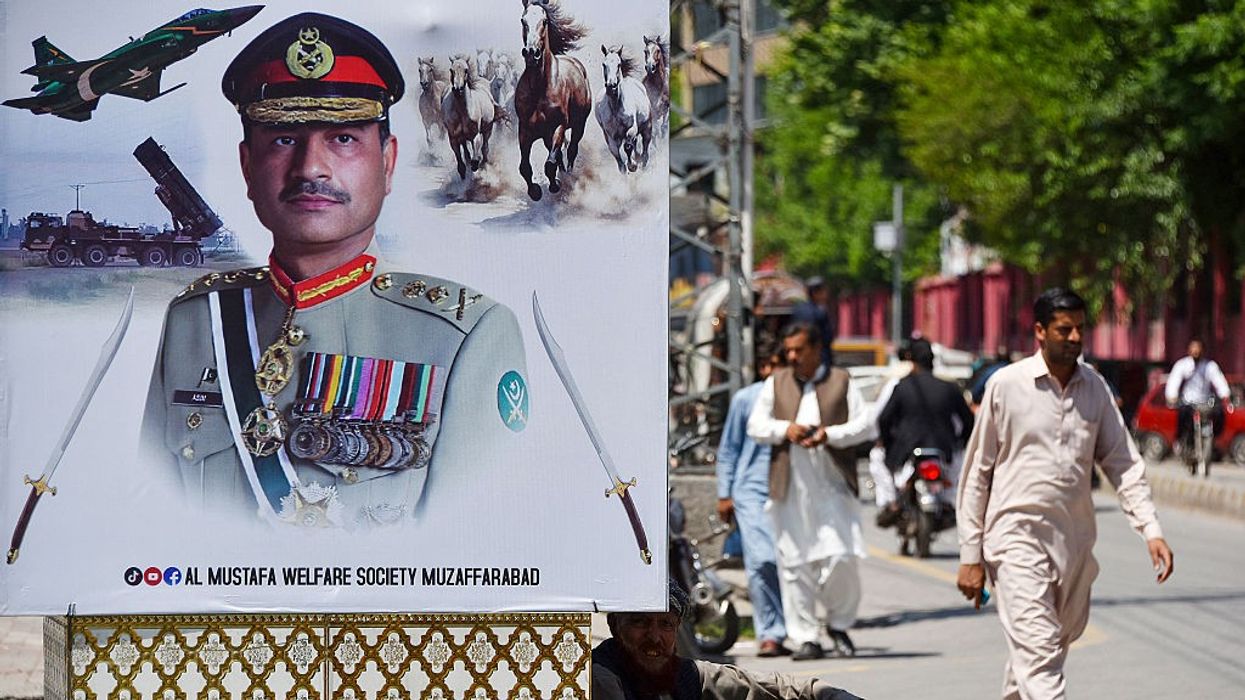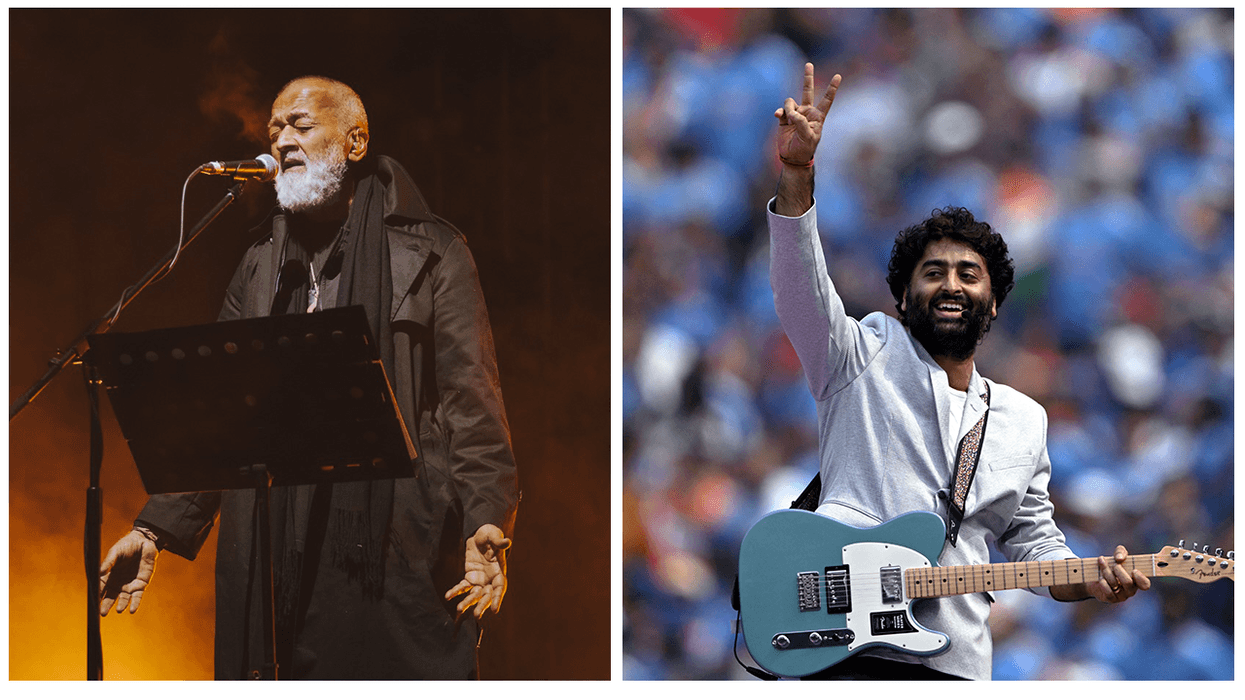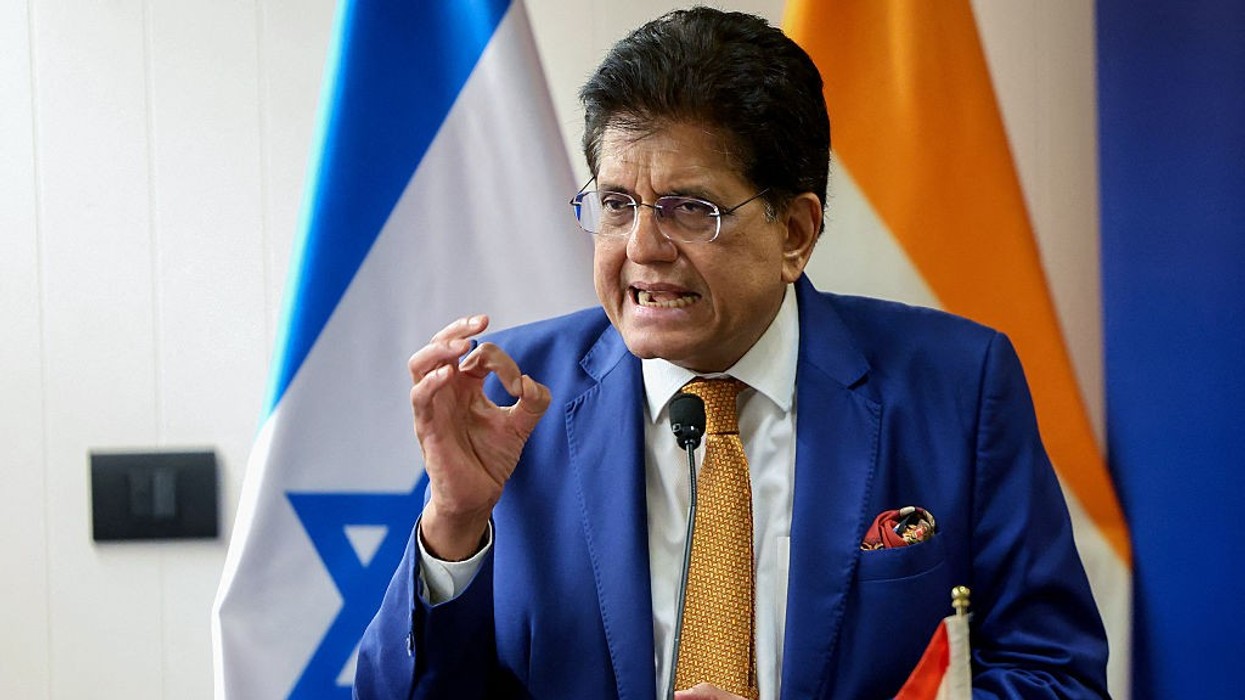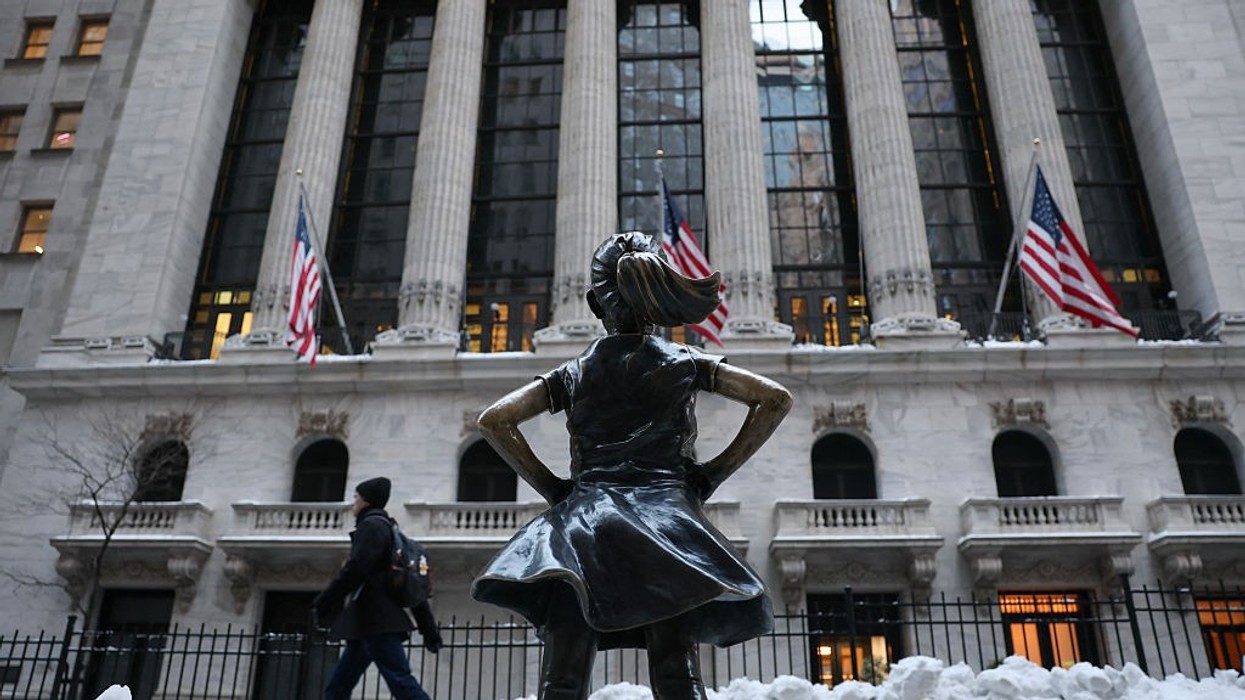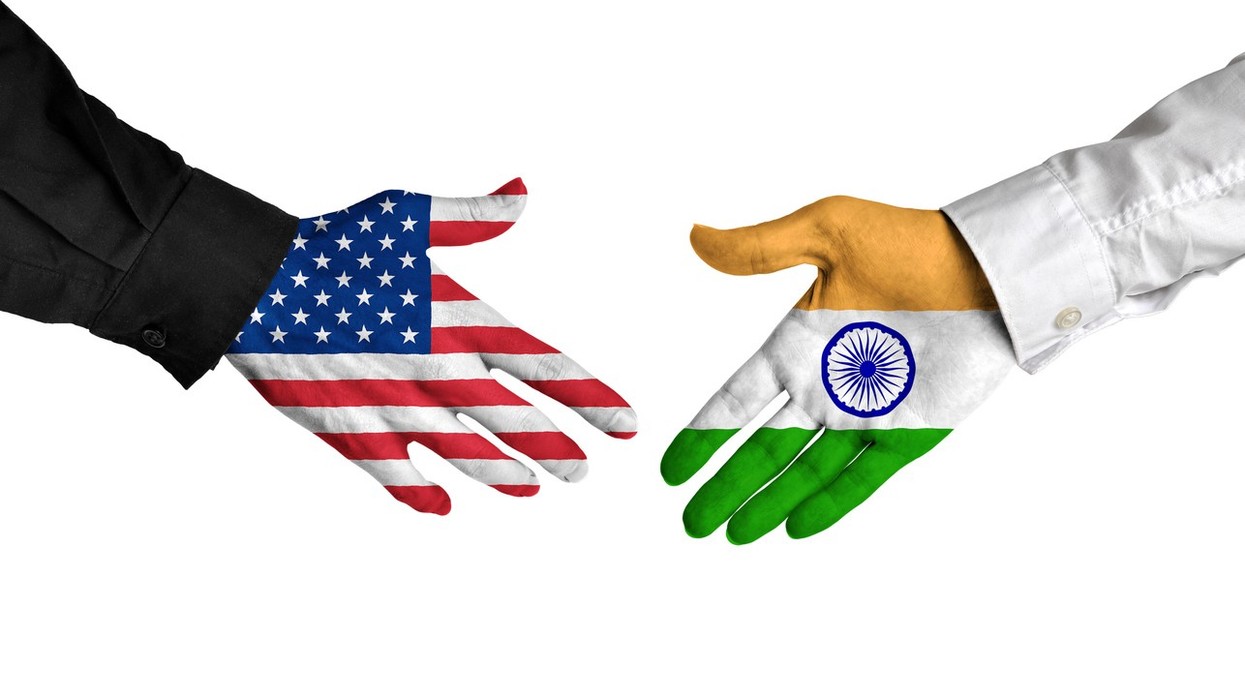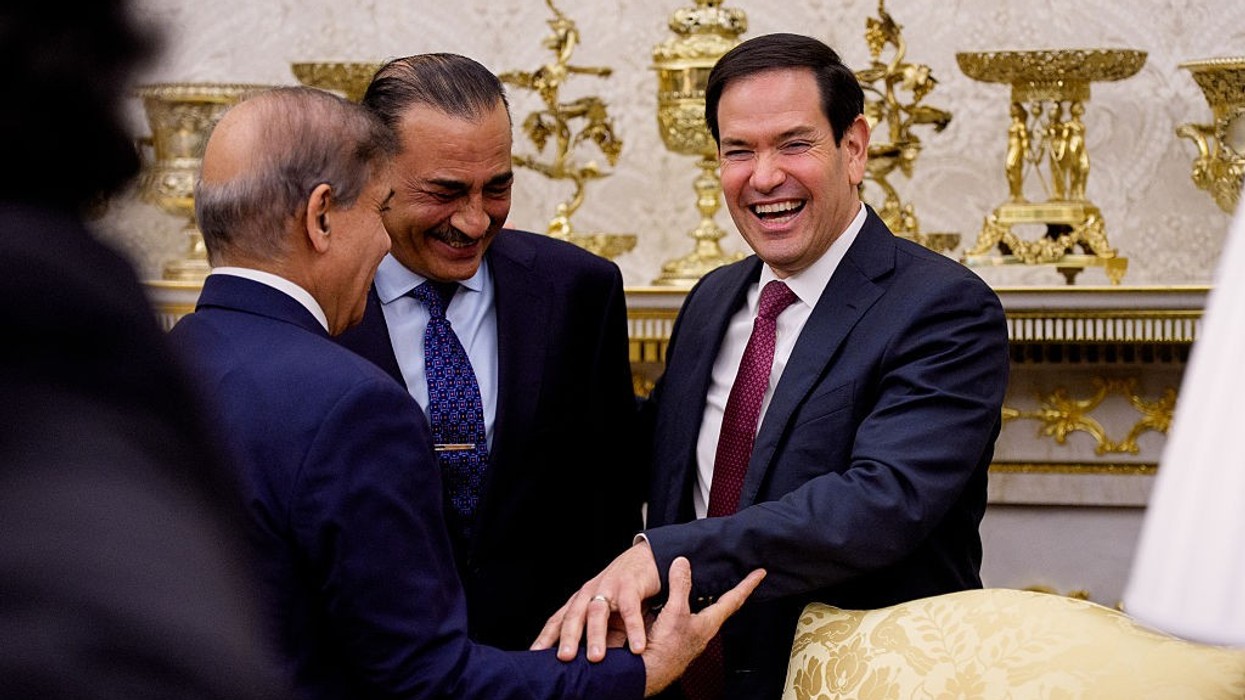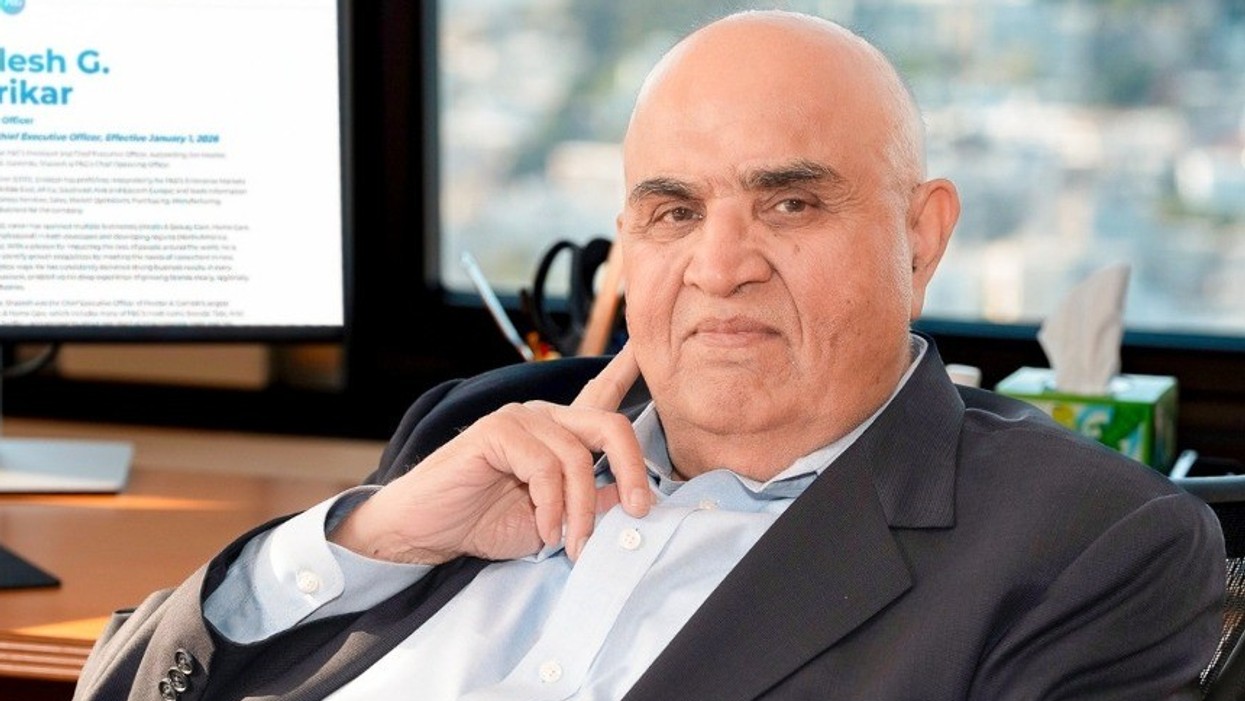Pakistan's Army Chief, Field Marshal Asim Munir, is set to visit the United States for the second time in just two months, underscoring a phase of renewed military and diplomatic engagement between Islamabad and Washington. This trip highlights the evolving regional dynamics and deepening of bilateral cooperation, especially in the context of security and counter-terrorism.
Attending CENTCOM farewell ceremony
Munir's visit is centered around attending the farewell ceremony for US Central Command (CENTCOM) Commander General Michael Kurilla at CENTCOM Headquarters in MacDill Air Force Base, Tampa.
General Kurilla, who is scheduled to retire this month, recently called Pakistan a “phenomenal partner” in counter-terrorism efforts, praising Islamabad for capturing ISIS-Khorasan operatives using US-provided intelligence.
In July, Pakistan honored Kurilla with the prestigious Nishan-e-Imtiaz (Military), recognizing his contributions to enhancing regional security and US-Pakistan defense cooperation.
Track record of counter-terrorism cooperation
The US CENTCOM leadership's praise coincides with a period of strong intelligence sharing between the countries, notably in joint counter-terrorism operations. Kurilla highlighted Pakistan's role in detaining ISIS terrorists and described continued cooperation as crucial for regional stability.
While these statements boosted Pakistan's image in Washington, they drew criticism from India, which perceived them as a return to the US policy of “hyphenating” India and Pakistan on South Asian security issues.
Strengthening strategic ties through high-level meetings
Munir’s return to the US follows his June visit, which included an unprecedented one-on-one lunch with President Donald Trump at the White House—an honor typically reserved for visiting heads of state.
The meeting came just weeks after the Pahalgam terror attack in India and the launch of India’s Operation Sindoor against militant bases. Trump has since publicly thanked Munir for his role in de-escalating the India-Pakistan standoff, claiming credit for helping to broker a ceasefire and threatening punitive trade measures to force restraint from both sides.
Following the June meeting, Munir and the Pakistani government formally nominated Trump for the Nobel Peace Prize, lauding his role in preventing a broader military conflict in the subcontinent.
Trump, in turn, has announced a new trade deal with Pakistan and offered assistance in developing the country’s oil resources, further signaling a positive tilt in relations.
US-India friction and regional diplomacy
The backdrop of Munir’s US visits includes rising US-India trade tensions. The Trump administration recently imposed a 25 per cent additional tariff on Indian goods in response to New Delhi’s continued imports of Russian oil, with total tariffs now reaching 50 per cent.
India has criticized these measures as unjustified and harmful to its energy security, intensifying the diplomatic competition for Washington’s favor.
Symbolism and implications
The succession of high-level military and political contacts, culminating in Munir’s attendance at Gen. Kurilla's farewell and private dinners with influential US stakeholders, signals a significant upturn in US-Pakistan strategic cooperation.
This phase also marks a potential shift in regional alignments, reflecting both Washington’s counter-terror needs and the global competition for South Asian influence. The developments are closely watched by India and other regional stakeholders.
